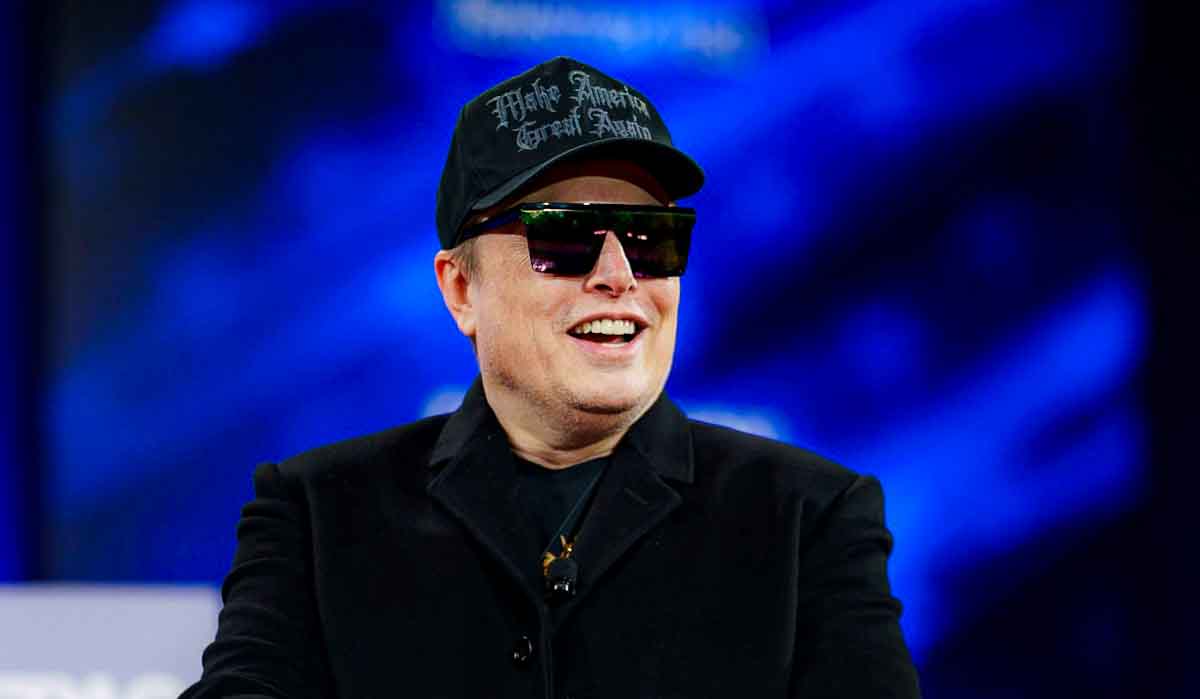On February 23, 2025, Elon Musk sparked controversy once again with a cryptic post on X (formerly Twitter), simply stating: “AfD!” . This brief yet powerful message has reignited discussions about Musk’s involvement in German politics and his apparent endorsement of the far-right political party Alternative für Deutschland (AfD).
🇩🇪🇩🇪🇩🇪 AfD! 🇩🇪🇩🇪🇩🇪
— Elon Musk (@elonmusk) February 23, 2025
The Context Behind Musk’s ‘AfD’ Post
Musk’s latest post follows a series of statements and actions that suggest his growing interest in German politics. In December 2024, he made a more explicit endorsement, stating:
“Only the AfD can save Germany.”
🇩🇪 AfD is the only hope for Germany 🇩🇪 https://t.co/CE9uXe8ULm
— Elon Musk (@elonmusk) February 13, 2025
The timing of Musk’s latest post is significant, as Germany is currently in the midst of a heated election cycle following the collapse of Chancellor Olaf Scholz’s coalition government. The AfD has been gaining traction, particularly among disillusioned voters frustrated with mainstream parties. By posting “AfD!” without additional context, Musk has left room for interpretation, but given his past statements, it strongly suggests continued support for the party.
Musk’s Previous Interactions with AfD
This is not the first time Musk has aligned himself with AfD or right-wing politics in Europe. In January 2025, he virtually attended an AfD campaign event where he urged Germans to move beyond their historical guilt and embrace “a new era of innovation and economic growth.”
Additionally, Musk authored an op-ed in the German newspaper Die Welt, where he argued that AfD is being unfairly labeled as “far-right” and described the party as “the last spark of hope for this country.”
Reactions to Musk’s Endorsement
Musk’s public support for AfD has triggered strong reactions from both political leaders and the general public.
- Chancellor Olaf Scholz responded by saying, “Germany’s elections will not be decided by the owners of social media channels.”
- Mainstream politicians across Germany have condemned Musk’s interference, with some accusing him of using his platform to sway elections unfairly.
- AfD supporters, on the other hand, have embraced Musk’s endorsement, seeing it as validation from one of the world’s most influential tech entrepreneurs.
Business Impact: Tesla Faces Backlash
Beyond the political fallout, Musk’s support for AfD is having economic consequences, particularly for Tesla. The German auto market, which has been crucial to Tesla’s European success, has shown signs of consumer backlash:
- Tesla’s new car registrations in Germany dropped by 59.5% in January 2025, while the overall EV market grew by over 50%.
- Many European customers have begun reconsidering Tesla purchases, associating the brand with Musk’s political views.
Musk’s Influence on Global Politics
Elon Musk’s involvement in politics isn’t limited to Germany. He has previously engaged in U.S. elections, expressed strong opinions on free speech, and even commented on geopolitics involving Russia and China. His growing political activism raises broader questions:
- Should tech billionaires use their platforms to influence democratic elections?
- Is Musk’s engagement an exercise of free speech, or does it constitute an undue influence on foreign politics?
What’s Next?
Musk’s simple yet impactful “AfD!” post has once again positioned him at the center of a political storm. Whether this will further embolden AfD supporters or trigger more backlash against Tesla remains to be seen.
However, one thing is clear: Elon Musk is no longer just a tech mogul—he is an active player in global politics, and his words carry weight far beyond social media.
As Germany moves closer to its elections, all eyes will be on how Musk’s influence shapes public opinion and whether his involvement leads to tangible political and economic consequences.
